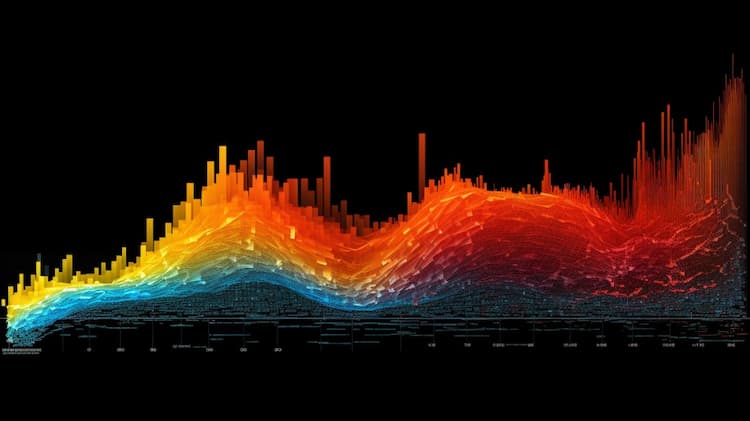
How does the MCHI ETF work?
Exchange-Traded Funds (ETFs) have gained significant popularity among investors as they provide a convenient way to gain exposure to a diversified portfolio of assets. One such ETF is the MCHI ETF, which tracks the performance of Chinese companies. In this article, we will explore the inner workings of the MCHI ETF and answer some frequently asked questions about this financial instrument.
What is an ETF?
Before diving into the specifics of the MCHI ETF, let's first understand what an ETF is. An ETF is a type of investment fund that trades on stock exchanges, just like individual stocks. It aims to track the performance of a particular index, such as the S&P 500 or, in the case of the MCHI ETF, an index composed of Chinese companies. ETFs offer investors the ability to diversify their portfolios and gain exposure to a wide range of assets with a single investment.
Understanding the MCHI ETF
The MCHI ETF aims to replicate the performance of the MSCI China Index, which consists of large and mid-cap Chinese companies. The fund accomplishes this by holding a portfolio of securities that closely mirrors the index composition. Investors can buy and sell shares of the MCHI ETF on the stock exchange, allowing them to gain exposure to a diversified portfolio of Chinese stocks without needing to individually purchase each stock.
 MCHI overlap How does the MCHI ETF work?
MCHI overlap How does the MCHI ETF work?
Advantages of investing in the MCHI ETF
Investing in the MCHI ETF offers several advantages to investors. Firstly, it provides exposure to a broad range of Chinese companies, allowing investors to participate in the growth of the Chinese economy. Secondly, the ETF offers diversification, spreading the investment across multiple companies and sectors, reducing the risk associated with investing in individual stocks. Additionally, the MCHI ETF is listed on major stock exchanges, providing liquidity and ease of trading for investors.
Considerations and Risks
While investing in the MCHI ETF has its advantages, it's important to consider the associated risks. As with any investment, there are potential risks that investors should be aware of. These include market risk, currency risk, concentration risk, liquidity risk, and tracking error. It's crucial for investors to thoroughly research and assess these risks before investing in the MCHI ETF or any other financial instrument. Consulting with a financial advisor or conducting independent research can provide further insights into the risks associated with investing in the MCHI ETF.
In conclusion, the MCHI ETF provides investors with a convenient and diversified way to gain exposure to Chinese companies and participate in the growth of the Chinese economy. By tracking the performance of the MSCI China Index, the MCHI ETF allows investors to benefit from the collective performance of large and mid-cap Chinese companies. However, it's important for investors to carefully consider the risks involved and conduct thorough research before making any investment decisions. ETFs, including the MCHI ETF, can be valuable components of an investment portfolio, but it's crucial to approach them with a clear understanding of their characteristics and associated risks.
Please note that this information is provided for educational purposes only and should not be considered as financial advice.
Source 1: MCHI issuer website
Source 2: Reuters article about MCHI
MCHI quote and analysis
Discover the top holdings, correlations, and overlaps of ETFs using our visualization tool.
Our app allows you to build and track your portfolio.
To learn more about the MCHI iShares MSCI China ETF, access our dedicated page now.
FAQ
What is the MCHI ETF?
The MCHI ETF, also known as the iShares MSCI China ETF, is an exchange-traded fund that provides investors with exposure to Chinese equities.
What is the underlying index that the MCHI ETF aims to track?
The MCHI ETF aims to track the performance of the MSCI China Index, which represents a broad range of large and mid-cap Chinese stocks.
What types of companies are included in the MCHI ETF?
The MCHI ETF includes companies from various sectors, such as technology, financials, consumer goods, healthcare, and more, providing diversification within the Chinese market.
How does the MCHI ETF work?
The MCHI ETF operates by pooling investors' money to purchase a portfolio of securities that mirrors the performance of the underlying index, allowing investors to gain exposure to a diversified basket of Chinese stocks.
What are the advantages of investing in the MCHI ETF?
Investing in the MCHI ETF offers diversification across a broad range of Chinese companies, simplifies access to the Chinese market, provides liquidity, and allows for potential long-term growth opportunities.














